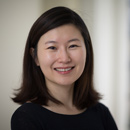External Faculty
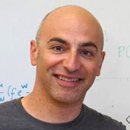
Professor Allesina is a theoretical ecologist studying mostly ecological networks. He is interested in the dynamics of large ecological communities, models for network structure, and the response of ecological communities to extinctions. His laboratory develops mathematical, computational and statistical tools for the analysis of ecological systems.
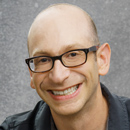
Samuel Arbesman
Scientist in Residence, Lux Capital
Senior Fellow, Silicon Flatirons Center
University of Colorado Boulder
Professor Arbesman is a complexity scientist, whose work focuses on the nature of scientific and technological change. His scientific research has been cited widely and Arbesman is the author of two award-winning books, Overcomplicated: Technology at the Limits of Comprehension (Current/Penguin, 2016) and The Half-Life of Facts (Current/Penguin, 2012).
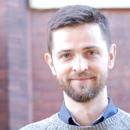
Jonathan Atwell
Assistant Professor of Organizational Behavior
Stanford Graduate School of Business
NU Data Science Scholar, 2017-2019
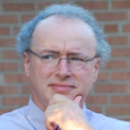
Professor Axtell works at the intersection of the computational, social, behavioral and economic sciences. His research group combines agent-based computing with micro-data to build large-scale models having high verisimilitude with the real-world. They have worked on a variety of policy issues, from housing to fisheries, behavioral aspects of retirement and science policy.
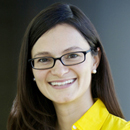
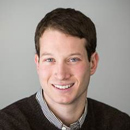
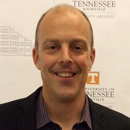
Alex Bentley is a Professor and the Head of Anthropology at the University of Tennessee. Professor Bentley’s research involves interdisciplinary analysis of culture change, past and present. This involves two main methodologies, one in analysis of isotopes in archaeological skeletal material, and the other in computational social science.
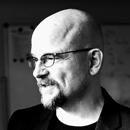
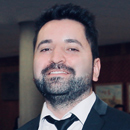
Cristian Candia-Castro Vallejos
Assistant Professor, Data Science Institute (IDS)
Universidad del Desarrollo, Chile
NICO Postdoctoral Fellow, 2019-2020
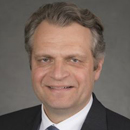
Daniel Diermeier's teaching and research focus on formal political theory, political institutions, the interaction of business and politics, text analytics, behavioral models of politics, and crisis and reputation management. He has published four books and more than 100 research articles in academic journals, mostly in the fields of political science, economics and management, and in other areas ranging from linguistics, sociology and psychology to computer science, operations research and applied mathematics.
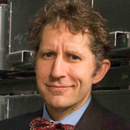
Professor Evans research focuses on the collective system of thinking and knowing, ranging from the distribution of attention and intuition, the origin of ideas and shared habits of reasoning to processes of agreement (and dispute), accumulation of certainty (and doubt), and the texture—novelty, ambiguity, topology—of understanding.
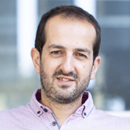
Professor Guimera's research is devoted to the study of complex systems and, particularly, of the structure of complex networks and the interplay between network structure and dynamics. In recent years, his work has turned to the development of probabilistic models and Bayesian inference approaches to network and non-network problems, at the interface of probability theory, theoretical computer science, and statistical physics.

Professor Hargittai's research focuses on the social and policy implications of digital media with a particular interest in how differences in people's Internet skills/digital literacy influence what they do online.
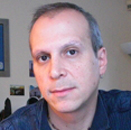
Cristian Huepe
Research Scientist, CHuepe Labs Inc.
Adjunct Professor, Engineering Sciences & Applied Mathematics
McCormick School of Engineering and Applied Science
Cristian Huepe develops research in complex systems, nonequilibrium physical dynamics and quantitative social sciences. Current efforts focus on collective motion, active matter, complex networks, modular-hierarchical evolutionary structures, and opinion formation.
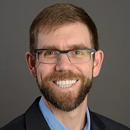
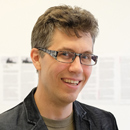
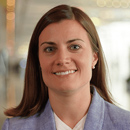
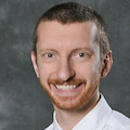
PJ Lamberson
Associate Professor
University of California, Los Angeles
NICO Associate Director, 2013–2015
Professor Lamberson's research uses mathematical and computational modeling to better understand complex social systems. He is especially interested in how ideas, technologies, and behaviors spread, and how the “wisdom of crowds” can be used to aggregate information.

Dean Malmgren
Executive Portfolio Director
IDEO
Dean Malmgren is an Executive Portfolio Director for IDEO. He was previously a co-founder and data scientist at Datascope, a data science consulting firm in Chicago, which was acquired by IDEO in October 2017. Dean received a BS and BSE from the University of Michigan and a PhD from Northwestern University. Dean’s work has been featured in places like Crain’s, TIME, Wired, and US News & World Report.
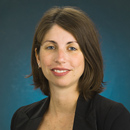
Hope Michelson
Associate Professor
Department of Agricultural and Consumer Economics
University of Illinois at Urbana-Champaign
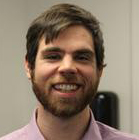
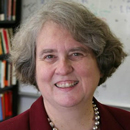
Janet Pierrehumbert
Professor of Language Modelling
Oxford e-Research Centre, University of Oxford
Professor Pierrehumbert's research uses machine learning methods to understand language systems both in individuals and in communities. She is especially interested in how systems of word formation can be learned from statistical properties of the input, deployed to analyse novel words, and adapted to different contexts.
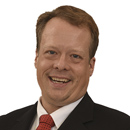
Professor Rand examines the use of computational modeling techniques, such as agent-based modeling, machine learning, network analysis, natural language processing, and geographic information systems, to help understand and analyze complex systems, such as the diffusion of information, organizational learning, and economic markets.

Professor Reed-Tsochas' research addresses the dynamic properties of large-scale collaboration and manufacturing networks, common structural features in organisational and ecological networks, the impact of imitation mechanisms on the emergence of cooperation, the robustness of ecological networks, and the spread of innovations in online social networks. These individual projects are linked by broader theoretical concerns, including the need to develop a more dynamic conception of network robustness and resilience, and an interest in identifying generative mechanisms that give rise to generic structures of cooperation.

As part of the SEES:lab, Professor Sales-Pardo studies fundamental problems in all areas of science including natural, social and economic sciences. They have expertise in a broad set of tools from statistical physics, network science, statistics and computer science.
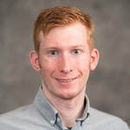

Mike Stringer is an Executive Design Director at IDEO. He was previously the co-founder and partner of Datascope Analytics, a Chicago data-driven consulting and design firm which was aquired by IDEO in October 2017. He often speaks about creatively using data at conferences and leads the Data Science Chicago group. Stringer received a BS in Engineering Physics from the University of Colorado and a PhD in Physics from Northwestern University.

Michael Schnabel
Research Assistant Professor
University of Chicago Harris School of Public Policy
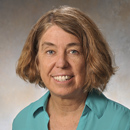
Professor Silber's research is broadly in the area of dynamical systems. She studies applications of bifurcation theory to 'tipping points' and to spontaneous pattern formation in physical systems. Currently she is especially interested in dynamical systems models related to Earth's climate and ecosystems. Her focus is on understanding the mathematical mechanisms behind qualitative changes in system behavior with changes in system parameters.
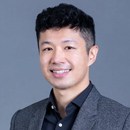
Professor Wang draws techniques and ideas from social psychology to study differences in human vs. machine intelligence. Trained in social psychology, Professor Wang conducts experiments on humans and machines to evaluate their capabilities and limitations, in areas such as decision-making and creativity. His research can contribute to our understanding of the future of work and human-machine augmentation. He received his MSc and PhD from Northwestern Kellogg in Management and Organizations (MORS).

Teresa Woodruff
Provost, Michigan State University
Adjunct Professor, Feinberg School of Medicine
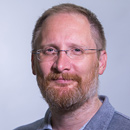
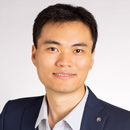
Yang Yang
Assistant Professor, Mendoza College of Business
University of Notre Dame
NICO Postdoctoral Fellow, 2015-2017
